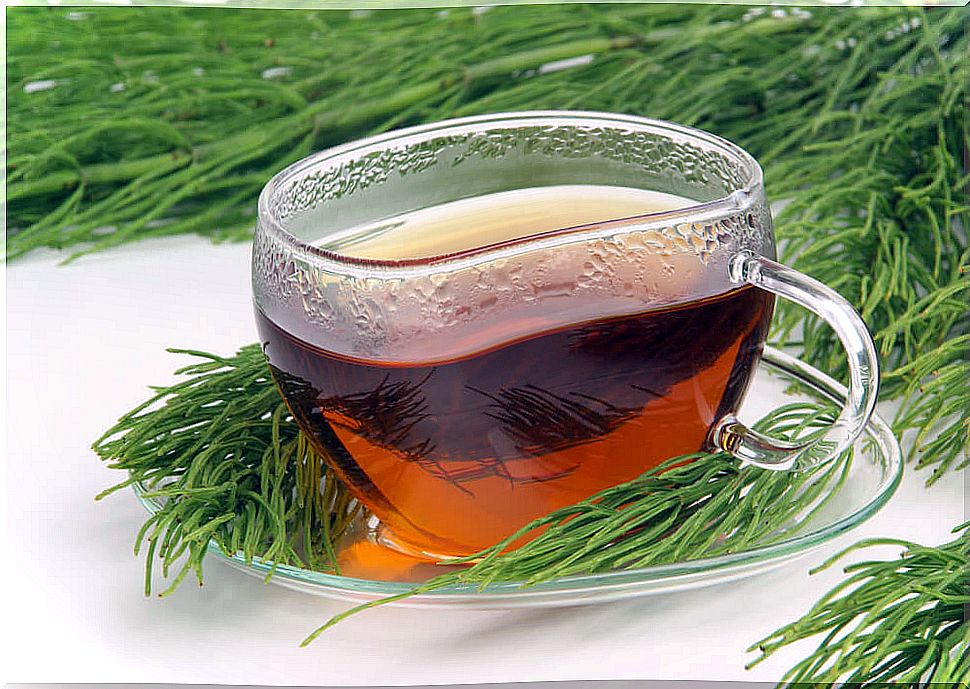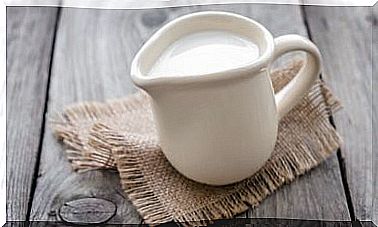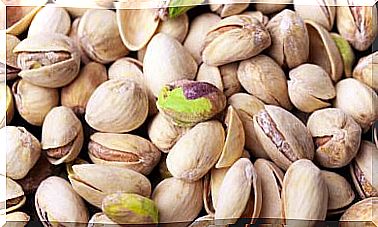Nephritis: Causes, Symptoms, Diagnosis And Treatment
Kidney inflammation can be significantly worsened by the use of certain irritants such as tobacco or alcohol.

Did you know that one of the most common kidney diseases is nephritis ? Well yes it is. And since it is essential to be well informed to prevent any kidney disease, below we will tell you everything you need to know about this disease.
The function of the kidneys is to purify or eliminate the substances that the body discards and, in turn, expel excess water. When they cannot function normally, the health of the entire body suffers, leading to various problems.
What is acute nephritis?
The United States National Library of Medicine explains that acute nephritis, or acute nephritic syndrome, is inflammation of one or both kidneys caused, in most cases, by an infection. It alters the functioning of this organ, that is, its ability to purify and filter the blood.
Nephritis can affect children and young people more often. It is essential to treat it properly and until full recovery. Otherwise, it could lead to other diseases.
Causes of nephritis

It is important to know that the causes of nephritis can be multiple and differ between children and adolescents, and adults. We highlight among all the possible reasons:
- Allergic reactions to any medicine.
- Abusive use of anti-inflammatory drugs.
- Infections caused by some microorganism.
- Autoimmune diseases such as lupus or rheumatological diseases.
- Diseases of other organs that, as a consequence, can lead to nephritis.
Symptoms of nephritis
There are some unequivocal symptoms that help to discover and diagnose the presence of this disease. According to the Argentine Society of Nephrology, some of them are:
- Arterial hypertension.
- Malaise, nausea and vomiting.
- Edema and swollen eyelids.
- Frequent need to urinate.
- Strong pain in the back, between the lumbar and dorsal area.
- Drowsiness, tiredness and increased hours of sleep.
- Loss of body mass. This symptom is usually related to loss of appetite.
- Appearance of blood in the urine. In other cases, the color of the urine may turn dark brown.
Diagnosis

The patient’s history and genetic background are taken into account to diagnose nephritis . A person with lupus, for example, should pay attention to any symptoms.
If these family factors are not present, the presence of a previous infectious focus is evaluated. The most common tests to diagnose nephritis are the following:
- Urinalysis: an excess of protein or an infectious focus can be detected.
- Blood test: it is very useful in diagnosis.
- Physical examination and palpation in the area of the kidneys, which may show the characteristic inflammation.
- Magnetic resonance imaging to study inflammation.
Treatment
Treatment of nephritis is based on antibiotics, as long as it is related to an infection. They are usually administered intravenously when the severity is greater, requiring hospitalization.
In some cases, if the cause is related to lupus, steroids may be prescribed. However, in these cases there is no known cure, but it could remit.
Diuretic medications make it easier to get rid of fluids, reduce edema, and relieve pain related to inflammation. For this reason, it is usually recommended.
Additional tips

From the perspective of natural medicine we can mention some alternatives that are recommended on a regular basis. Of course, we recommend consulting with your doctor to confirm that its use is not contraindicated.
- On an emotional level, the kidneys are associated with fear. Although it is not the main cause of the disease, it could be an important factor or a trigger. One way to overcome the fear would be to resort to psychological support therapies, homeopathy or Bach flowers.
- In the case of nephritis, the recommendation to drink a lot of water would not be the most appropriate. The kidney does not work well and, therefore, it would increase the retention of liquids. The drink should be proportional to the amount of urine.
- An infusion of horsetail could be taken in small amounts. Although diuretics are not recommended, in this case it is a plant with anti-inflammatory properties proven by different studies.
- Ayurvedic medicine specialists usually advise taking natural diuretics that act indirectly, that is, they do not affect the kidney, such as asparagus, corn stigmas, hawthorn and coffee. This theory is unproven.
- As in other kidney diets, such as that indicated by the American Kidney Foundation , you should limit your salt intake. This would help take care of blood pressure and avoid swelling caused by fluid retention.
- Kidney disorders often affect energy levels. Therefore, rest would be indicated.
See your doctor if you have symptoms
If while reading this article you have some doubts about whether or not you may be suffering from nephritis, do not hesitate and go to the doctor. Only the professional can diagnose the presence of this disease.
Finally, we want to remind you that alternative medicine methods can be a support to the treatment indicated by the specialist but never replace it. Consult with your doctor before carrying out any of the recommendations mentioned in this article.









